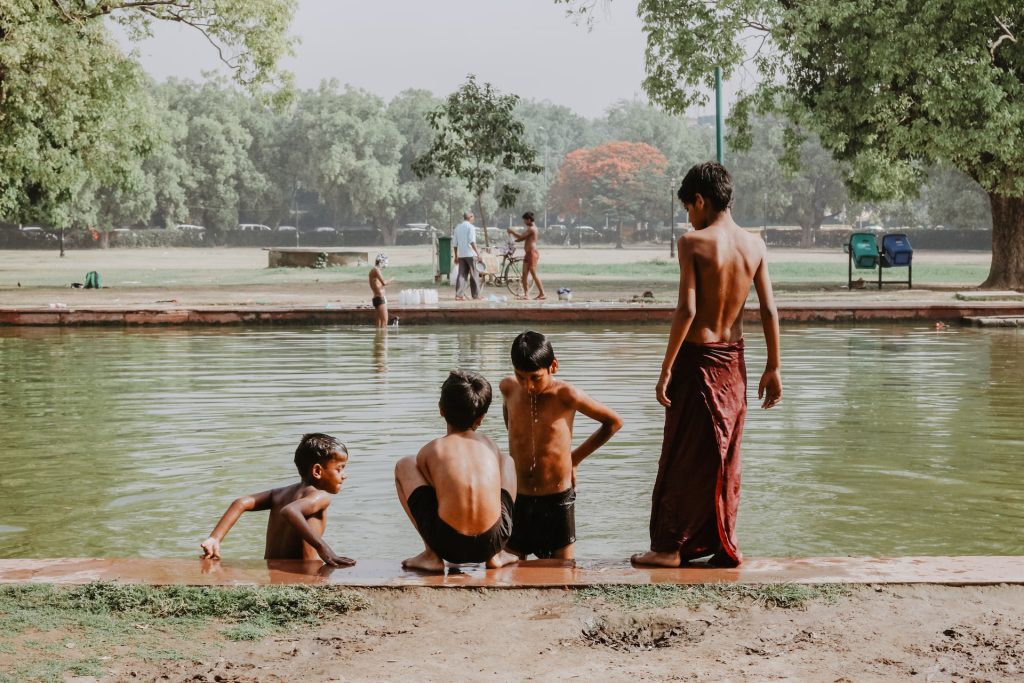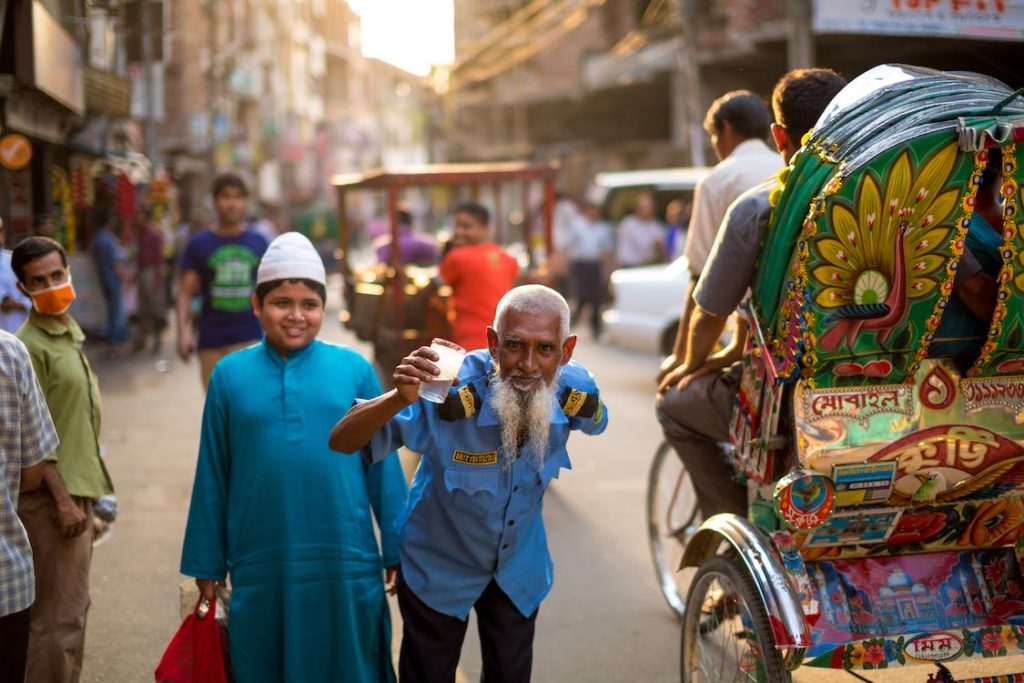Imagine a day without water. No morning shower, no fresh coffee, no washing your hands. For billions around the globe, this is not an experiment or short-term challenge but a daily reality. Access to clean water is one of the most fundamental human rights. Yet, it remains a distant dream for many.
Table of Contents
The Stark Reality of Water Insecurity
As of 2023, nearly 771 million people lack access to clean water quality. Almost 2 billion people depend on health care facilities without basic water services as well. Billions lack adequate access to this essential element of life, and the problem is only intensifying.
Women and girls are disproportionately affected, spending an estimated 200 million hours carrying water every day. This is time they could be spending learning, earning, and contributing to their communities.
The United Nations Sustainable Development Goal 6 (SDG 6)
Recognizing the dire need for action, the United Nations established SDG #6. It aims to “ensure availability and sustainable management of water and sanitation for all by 2030.”
This goal looks at sustainable management of water resources and access to safe water and sanitation. It acknowledges them as critical for unlocking economic growth and productivity. It’s about social equity, public health, and sustaining our planet’s ecosystems.
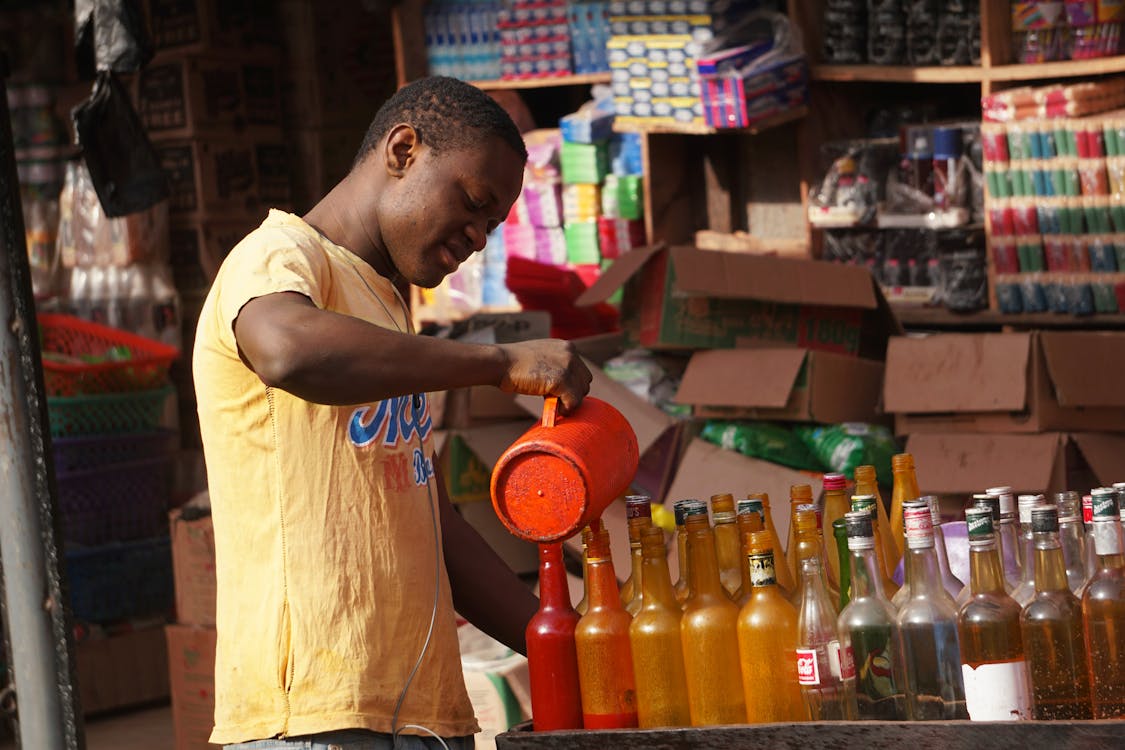
The Water Work Program to Combat the Global Water Crisis
The UN-Water Work Programme is a strategic initiative by the United Nations aimed at addressing water and sanitation issues around the globe. Its main goal is to ensure that every individual has access to clean, safe, and sustainable water and sanitation facilities.
Purpose of UN-Water Work Programme
The UN-Water Work Programme for 2022-2023 focuses on three critical areas:
Informing Policy Processes and Addressing Emerging Issues
The objective here is to provide reliable data and information on key water trends and management issues. This data helps inform policies related to water management and sanitation. It ensures policies are grounded in accurate, up-to-date information.
Supporting Monitoring and Reporting on Water and Sanitation
This involves monitoring and reporting on the progress toward achieving SDG 6.
Building Knowledge and Capacity
The Programme aims to build knowledge about water-related challenges and potential solutions, inspiring action among global stakeholders. This includes:
- Promoting best practices
- Sharing knowledge
- Fostering innovative solutions to water and sanitation problems
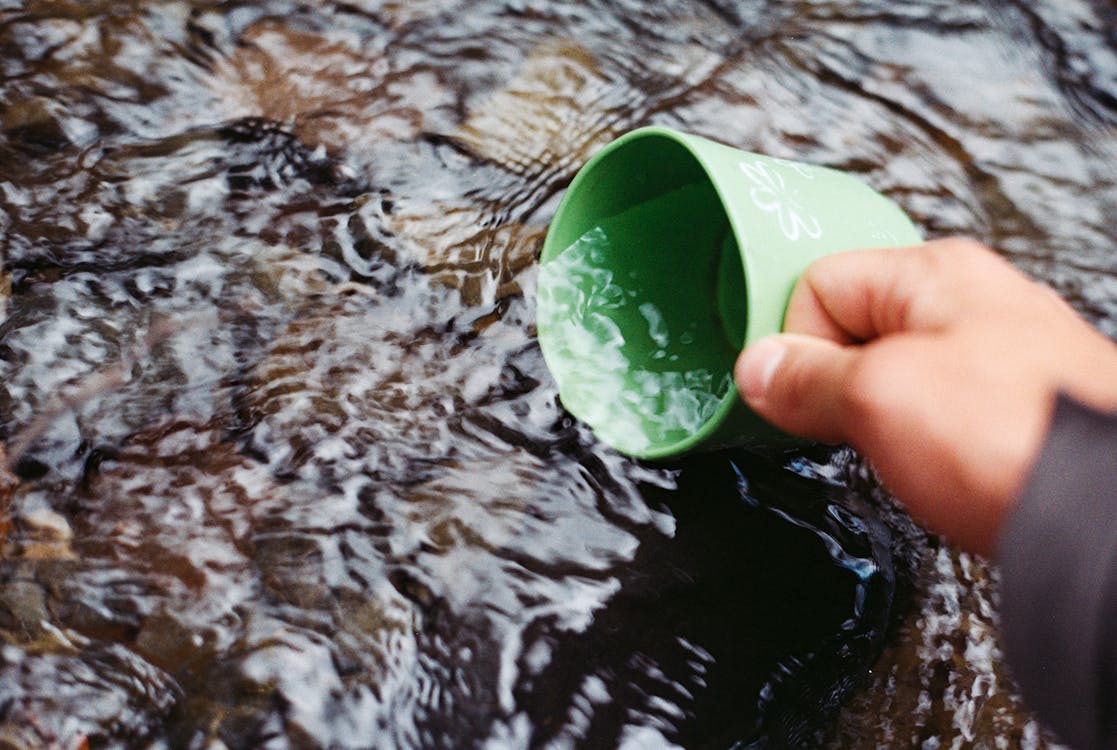
Members and Partners of UN-Water
UN-Water comprises more than 30 United Nations organizations that work closely on water and sanitation-related issues. These members include agencies like the:
- World Health Organization (WHO)
- United Nations Children’s Fund (UNICEF)
- United Nations Development Programme (UNDP)
UN-Water also collaborates with numerous international partners. These partners include:
- Governmental agencies
- Non-governmental organizations (NGOs)
- Private sector entities
They are crucial in implementing the UN-Water Work Programme on the ground, providing much-needed expertise, resources, and support. The program is also always open to potential partners with similar advocacies, such as private companies Water.org and Charity: Water.
One such partner is the UN-Water Decade Programme on Capacity Development (UNW-DPC). It works in areas of strategic importance to UN-Water. This includes gender, sanitation, drinking water and health, climate change, and transboundary waters.

The members and partners of UN-Water are working tirelessly to address one of the most pressing issues of our time. Ensuring access to clean, safe, and sustainable water and sanitation for all. Their efforts are making a significant difference in the lives of countless individuals around the world. This brings us closer to achieving SDG 6.
Multi-year grants also play a role in funding programs like this. After all, funds and partnerships are always crucial to achieve the aim of operations this significant.
The Importance of Safe Drinking Water for All
Water is not only a basic human right, but it’s also the cornerstone of all life on Earth. It hydrates us, cleanses us, and shapes our world in countless ways. But the importance of safe drinking water extends beyond these obvious benefits.
Health and Hygiene
Without access to clean water, communities are at risk of waterborne diseases, such as cholera, dysentery, and typhoid fever. These illnesses can be deadly, particularly for children, the elderly, and those with weakened immune systems. Clean water is also essential for personal hygiene, preventing the spread of disease and keeping individuals healthy.
Education and Gender Equality
In many parts of the world, the burden of fetching water often falls on women and girls. This task can take hours each day, preventing them from attending school or working. By ensuring access to safe drinking water, we can help girls get an education and empower women.
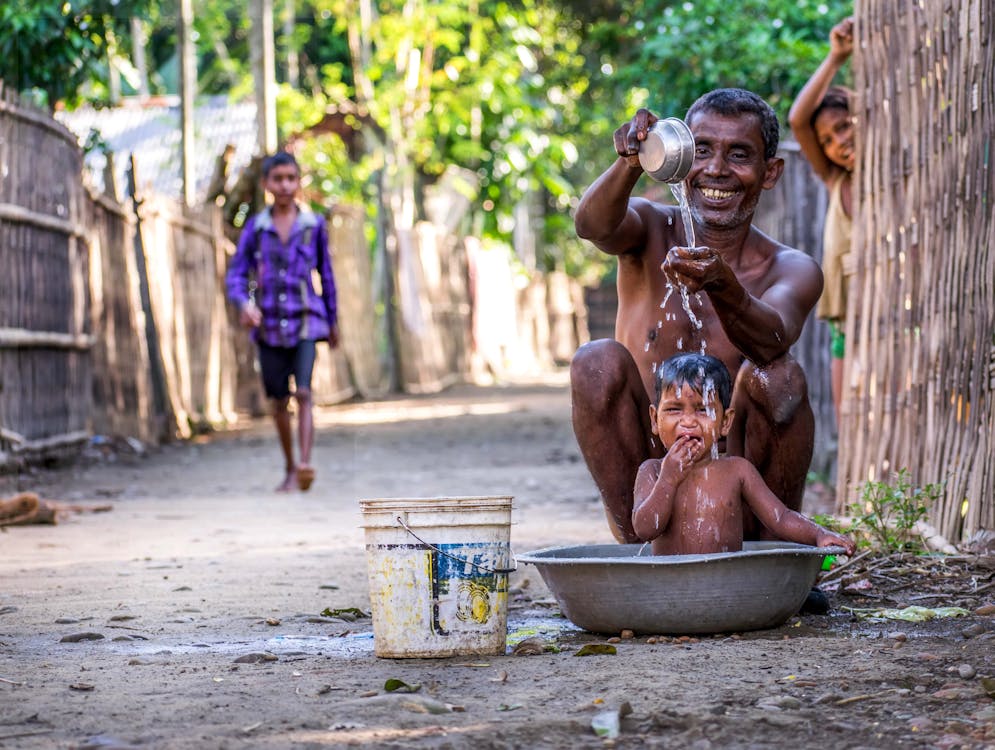
Economic Development
Access to clean water can stimulate economic growth and development. It allows farmers to irrigate their crops, businesses to operate more efficiently, and communities to thrive. On the flip side, lack of access to clean water can hinder productivity and exacerbate poverty.
Sustainability and Environment
Sustainable management of water resources is vital for preserving our planet’s ecosystems. Overuse and contamination of water sources can have devastating environmental impacts. By ensuring everyone has access to safe drinking water, we can encourage more sustainable usage patterns and protect our environment for future generations.
Safe drinking water for all isn’t just a goal—it’s an imperative. It’s crucial for health, education, economic development, and sustainability. It’s a fundamental right that we must strive to guarantee for everyone, everywhere.
SOURCE Global, PBC: A Ray of Hope
In the face of this global crisis, innovative solutions are emerging. One such solution comes from the B corporation SOURCE Global, PBC. They have developed hydropanels that can produce high-quality, potable water using only sunlight and air. This technology holds incredible promise for providing sustainable drinking water in areas where it’s most needed.
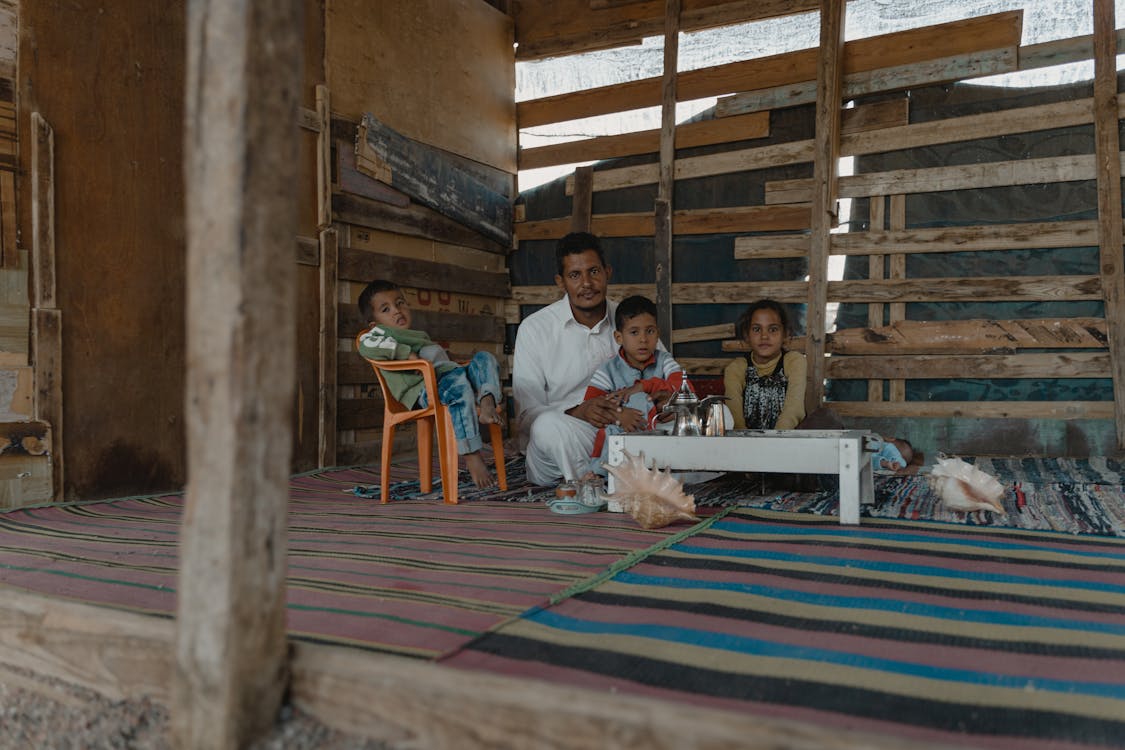
To Wrap Up
Achieving clean water for all is not just about quenching thirst. It’s about dignity, health, and equality. It’s about ensuring a sustainable future for all. The UN-Water Work Programme, SDG 6, and innovative solutions like those from SOURCE Global, PBC are all critical pieces of the puzzle. But we must continue to push for progress, investment, and innovation. Because water is life. And everyone deserves access to clean, safe water.

